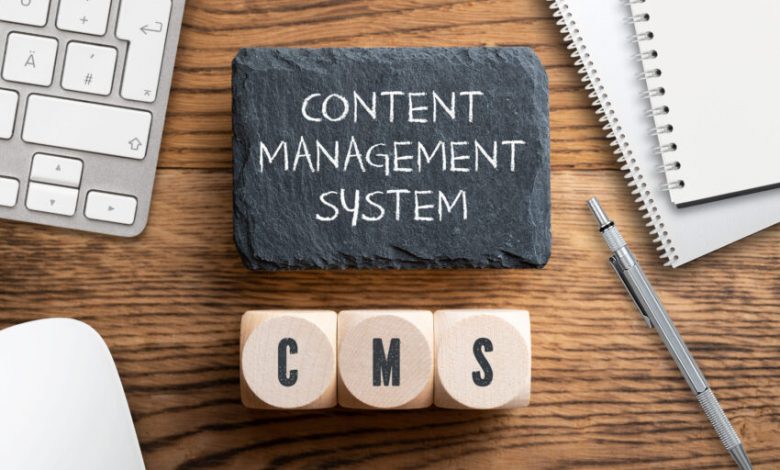How CMS has grown to become the mainstay of many UK based businesses

With the advent of the Internet, the competitive landscape has changed drastically. Companies are no longer limited by geographical location to serve customers, but can go global.
The promise of the Internet is huge, but it takes time to materialize. This is due to technological developments as well as acceptance by business users.
Website for business
When the Internet was introduced in the UK, it took time for local businesses to catch up. Often, companies will have their own online ‘business cards’ where they share locations, services and other relevant information with customers. This is also the time when the first Content Management System (CMS) was born. Using CMS, business owners can conveniently create their static pages on the Internet.
The development of e-commerce
With static websites, it can be difficult to make any kind of purchase or sale. To do so, you need information about your stock, make payments, and provide a personalized experience (for example, through users being able to provide their details). This is the next wave of CMS development. With open source systems like WordPress, you can manage your websites. These systems are equipped with databases, allowing administrators to write content and publish it to the user interface. This is the beginning of a revolution in the CMS world.
From the local clothing store to the bakery
Since the concept of CMS is so simple and intuitive, many local businesses in the UK have jumped on the bandwagon. They can easily maintain their own website and share the latest news with their target audience. This is extended with simple websites that can be integrated into the CMS, such as WooCommerce for WordPress CMS. A lot of organizations have gained traction and are able to target customers across the UK and even abroad.
More advanced capabilities are required in today’s environment
While a ‘traditional’ CMS has offered a lot of potential for UK businesses, more advanced capabilities are still needed. The internet is no longer limited to websites. With customer interaction in-store, through apps, and third parties, it’s increasingly relevant to share information uniformly across channels. This can be done through a headless system, such as a CMS corner.
What is headless?
With a headless CMS, we mean a system without a user interface. This means that content is being written and marked up and shared with a variety of front-ends (i.e. channels). This way, you can implement a multi-channel strategy that can make content available to your website, apps, and third parties. Since content is provided from a single system, there is a single authentic source, which helps with communication and marketing of your brand.
Compare Headless CMS Options
Want to learn more about the possibilities? You can find a headless CMS comparison online to see what’s right for you. Make sure you understand your requirements to choose the right system for your needs.





